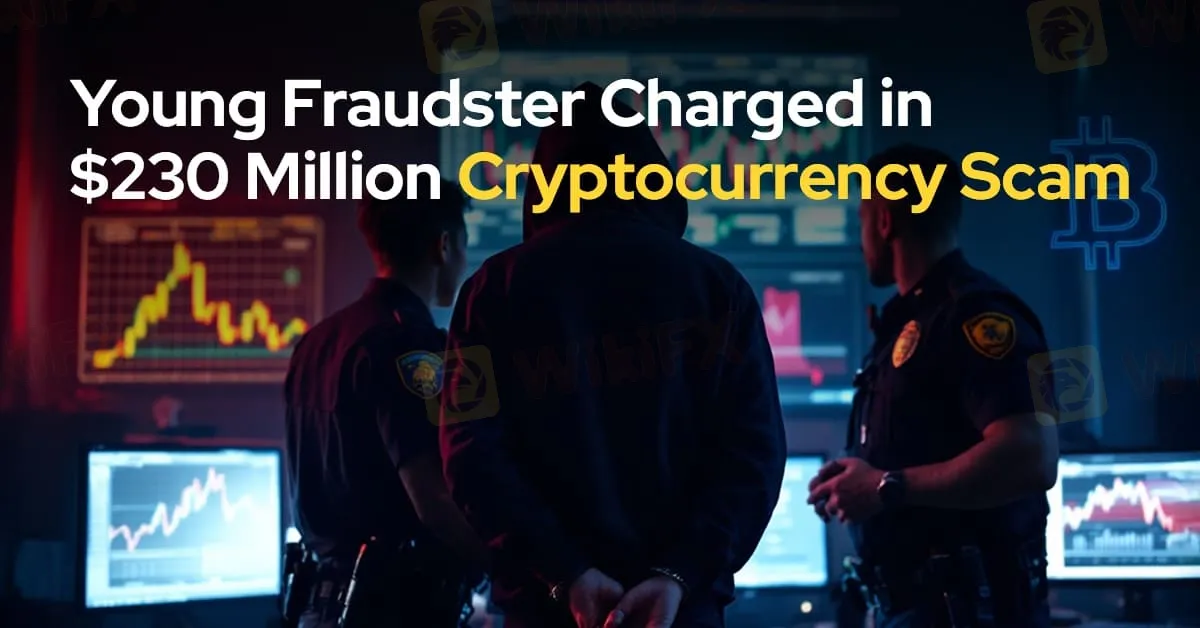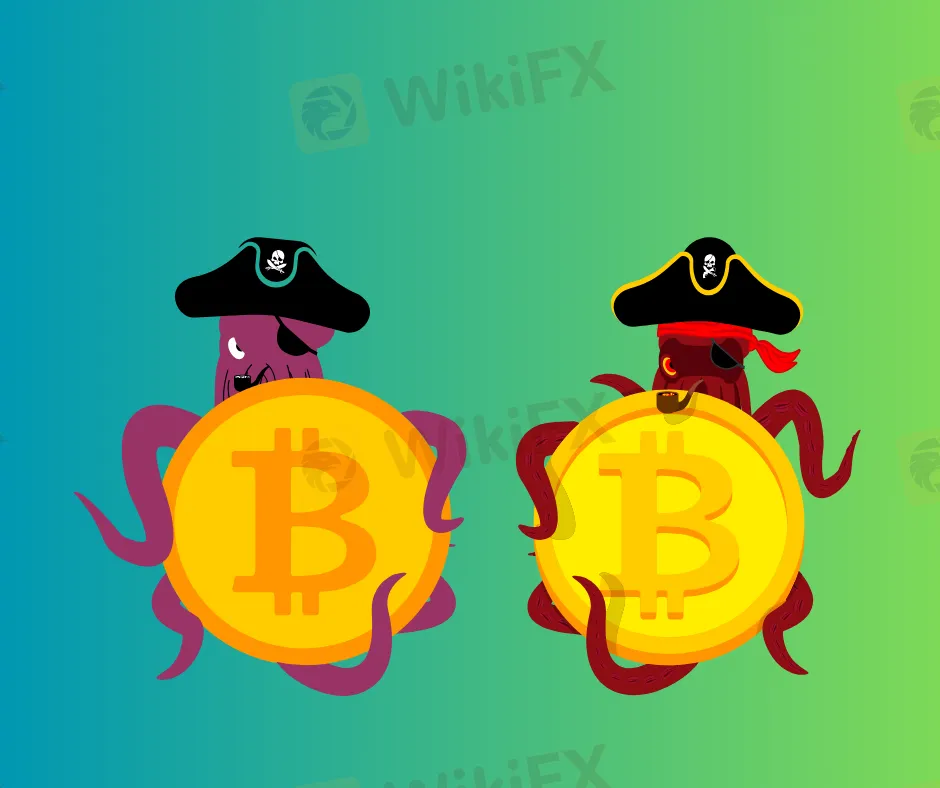简体中文
繁體中文
English
Pусский
日本語
ภาษาไทย
Tiếng Việt
Bahasa Indonesia
Español
हिन्दी
Filippiiniläinen
Français
Deutsch
Português
Türkçe
한국어
العربية
Young Fraudster Charged in $230 Million Cryptocurrency Scam
Abstract:A 20-year-old fraudster has been charged in the United States with conspiracy to commit wire fraud and money laundering in connection with a large-scale cryptocurrency theft.

Malone Lam, a 20-year-old, has been charged in the United States with conspiracy to commit wire fraud and money laundering in connection with a large-scale cryptocurrency theft. Lam, along with his alleged accomplice Jeandiel Serrano, reportedly stole and laundered $230 million in cryptocurrency, deceiving their victim by impersonating Google employees.
The scheme, described by U.S. prosecutors as one of the largest cryptocurrency thefts from a private individual in the countrys history, involved the theft of over 4,100 bitcoins from a Washington-based victim. Court documents unsealed earlier this month revealed the intricate planning behind the fraud.
Lam and Serrano reportedly manipulated the victim by sending fraudulent Google account access notifications to his email. Using proxy and VPN services, they made it appear as though the attempted breaches were from overseas. The two then posed as Google support staff, contacting the victim to warn of a potential hack and urging him to provide security codes to secure his account.
After obtaining the codes, Lam allegedly accessed the victims personal accounts, including OneDrive and Gmail, to locate the cryptocurrency assets. To further their scheme, the conspirators convinced the victim to transfer $3 million in cryptocurrency to a wallet controlled by Lam. They also tricked the victim into downloading remote desktop software, which gave them real-time access to his computer, allowing them to steal over 4,100 bitcoins.

The court documents also reveal that Lam used the online handles “$$$” and “Anne Hathaway” on Telegram and Discord to discuss strategies for manipulating the victim. Serrano, using the pseudonyms “VersaceGod” and “@SkidStar,” allegedly facilitated the laundering of the stolen funds through a cryptocurrency exchange, TradeOgre. Evidence from the exchange linked an account to Serranos home address in Encino, California, where he was renting a property for $47,500 per month.
Authorities discovered Lams extravagant lifestyle, funded entirely by stolen funds. Court documents show that he spent hundreds of thousands of dollars at Los Angeles nightclubs, purchasing luxury handbags and spending as much as $500,000 in a single night. He also bought a fleet of luxury cars, including Lamborghinis, Ferraris, and Porsches, valued at millions of dollars. Out of 31 cars he admitted purchasing, 22 have yet to be recovered.
Lam, who entered the U.S. in October 2023 under the Visa Waiver Program, was arrested in Miami in September 2024. Authorities seized luxury items, including nine cars and expensive watches, during the raid. His co-conspirator, Serrano, was apprehended at Los Angeles International Airport upon his return from a holiday in the Maldives.
Lam, who has no legal status in the U.S., now faces up to 20 years in prison for each count of conspiracy to commit wire fraud and money laundering. Prosecutors are also seeking fines of up to $250,000, or double the amount of his illicit gains.

Disclaimer:
The views in this article only represent the author's personal views, and do not constitute investment advice on this platform. This platform does not guarantee the accuracy, completeness and timeliness of the information in the article, and will not be liable for any loss caused by the use of or reliance on the information in the article.
Read more

Be Aware of AI-Driven Scams in 2025
Artificial intelligence is reshaping industries, but its rapid adoption has also opened new avenues for fraudsters. In 2025, platforms like Facebook, X, and Telegram are emerging as hotbeds for scams targeting investors. Regulators, including NASAA, have raised alarms about the growing use of AI to deceive and defraud unsuspecting victims.

Teacher Lost Life Savings in WhatsApp Investment Fraud
A Malaysian teacher recently became the victim of an elaborate investment scam, losing more than RM200,000 after being lured into a fraudulent Bitcoin scheme through WhatsApp.

Unmasking a RM24 Million Forex Scam in Malaysia
Authorities in Malaysia have identified the prime suspect behind a foreign exchange (forex) investment fraud that has caused losses exceeding RM24 million.

U.S., Germany, and Finland Shut Down Garantex Over Money Laundering Allegations
The U.S., Germany, and Finland shut down Garantex over money laundering allegations, seizing its infrastructure, freezing assets, and blocking illicit transactions.
WikiFX Broker
Latest News
Forex Trading: Scam or Real Opportunity?
The Hidden Tactics Brokers Use to Block Your Withdrawals
Beware: Online Share Buying Scam Costs 2,791,780 PHP in Losses
5 things I wish someone could have told me before I chose a forex broker
Unmasking a RM24 Million Forex Scam in Malaysia
U.S., Germany, and Finland Shut Down Garantex Over Money Laundering Allegations
What Impact on Investors as Oil Prices Decline?
Gold Prices Fluctuate: What Really Determines Their Value?
Dollar Under Fire—Is More Decline Ahead?
Is the North Korea's Lazarus Group the Biggest Crypto Hackers or Scapegoats?
Currency Calculator






